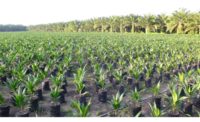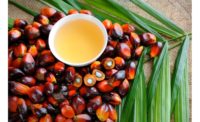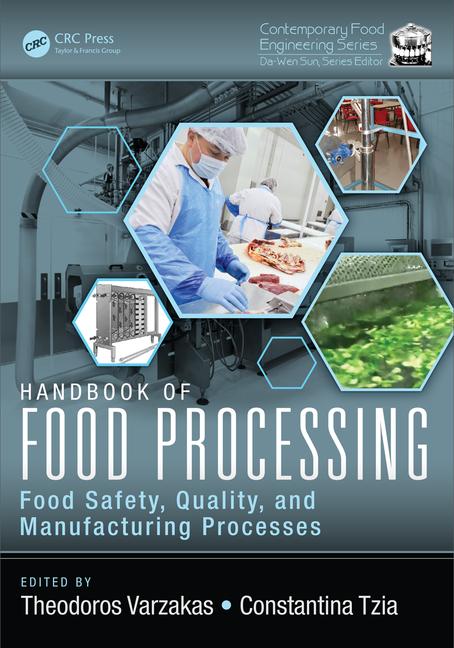After years of having its product’s substantial health benefits overshadowed by misinformation about its environmental practices, Malaysia is the first country to certify the sustainability of its palm oil. Under this mandatory program, all Malaysian palm oil producers must be certified by January 1, 2020. Palm oil is Malaysia’s number one export, and accounts for approximately more than 50 percent of the palm oil imported into the U.S.
With Malaysian Sustainable Palm Oil (MSPO) certification, harvesting and shipping will be traceable giving importers and consumers the assurance that they are getting pure, authentic, non-GMO palm oil. “MSPO certification is yet another strong tactic that Malaysia is using to lead the world by example,” said Malaysian Palm Oil Council CEO Dr. Kalyana Sundram. “We are intentionally paving the way for other countries who rely on the authenticity of their products, such as Italy with its olive oil, to ensure the trade and consumers that their products are pure and responsibly produced.”
Already a recognized leader in responsible best practices
Even prior to announcing the Malaysian Sustainable Palm Oil (MSPO) certification program, the Malaysian palm oil industry was a highly regulated industry. The industry has long adhered to more than 15 laws and regulations protecting its environment, wildlife, ecology and its people. Various approaches and technologies aimed to reduce the impact of the industry on the environment have been converted to successful practices in oil palm plantation, palm oil milling and refineries.
MSPO certification covers all aspects of palm oil production, from the field to the final product. In addition to cultivation and processing techniques, MSPO certification is about protecting the forests and wildlife, and providing a living wage for everyone employed by this industry including 400,000 family farmers (smallholders). It includes general principles as well as stringent criteria for all parties involved in palm oil production.
Plantation industries and commodities minister Datuk Seri Mah Siew Keong confirms unanimous support for MSPO among Malaysia’s top palm oil producers. “These proactive measures will increase Malaysia’s share in the global palm oil market, and lead to recognition of our local palm oil as a premium world-class oil,” he stated.
The MSPO standards cover:
1. Management commitment and responsibility
2. Transparency
3. Compliance to legal requirements
4. Social responsibility, safety and employment conditions
5. Environment, natural resources, biodiversity and ecosystem services
6. Best practices
7. Development of new plantings
The multi-step procedure for MSPO certification includes both audits and peer reviews. These assure that best practices are consistently being followed. MSPO is administered through the independent Malaysian Palm Oil Certification Council.
The equivalent of $13 million dollars has been allocated to help Malaysia’s smallholders, who have been using environmentally responsible practices for years, to afford the sustainable certification. Once they attain MSPO certification, these smallholders will join other MSPO-certified producers in filling America’s demand for responsibly produced palm oil.
MSPO certification compliance deadlines:
● December 31, 2018: Roundtable on Sustainable Palm Oil (RSPO)-certified plantations
● June 30, 2019: Non-RSPO-certified plantations
● December 31, 2019: Smallholders/independent farmers
● January 1, 2020: MSPO certification will become mandatory for all Malaysian palm oil producers.
Malaysian palm oil has the world’s attention for its health benefits
Nutritionally rich, palm oil is a natural source of carotenoids and vitamin E as well as balanced fatty acids and other important fat-soluble micronutrients. Decades of research, done specifically on nutrients derived from Malaysian palm oil, points to its benefits in supporting cardiovascular, brain and liver health. Promising preliminary research also ties palm oil nutrients to bone health. Palm oil may also have anti-cancer properties.
MSPO certification is one way that Malaysia is reassuring the world of the quality of its palm oil. “We must make ourselves visible and gain the confidence of the consumer,” says Sundram. “Our palm oil reaches more than 150 countries. It is increasingly being used in many food formulations worldwide. Before hitting the shelves, the oil must be refined, processed, packed and branded. We want to reach out to every entity in the supply chain and of course, the end consumer, to convince them that this is a sustainably produced, wholesome and nutritious edible oil.”
Additional information about MSPO and the health benefits of Malaysian Certified Sustainable Palm Oil can be found at www.PalmOilHealth.org.






